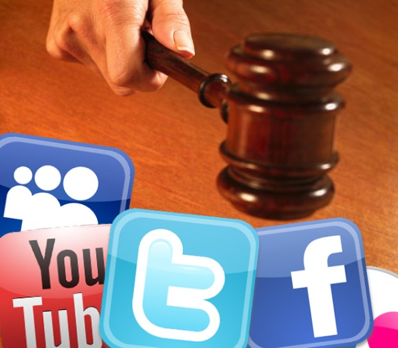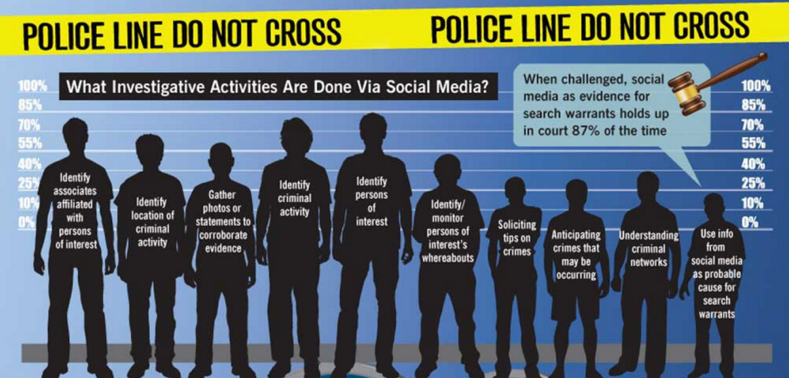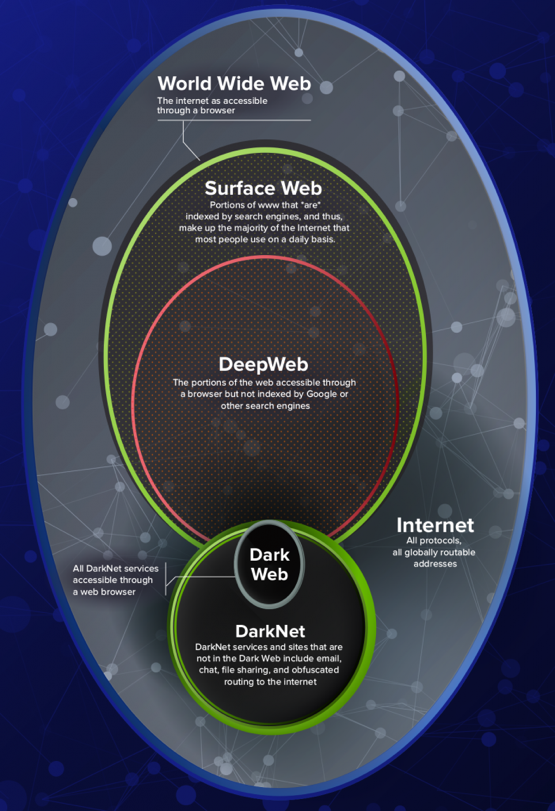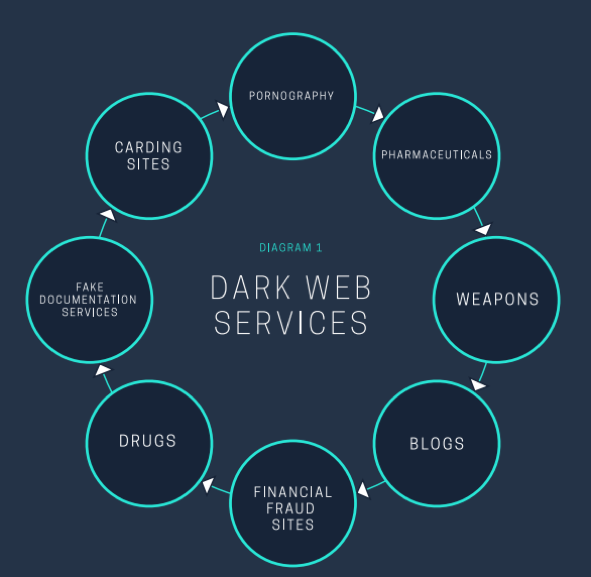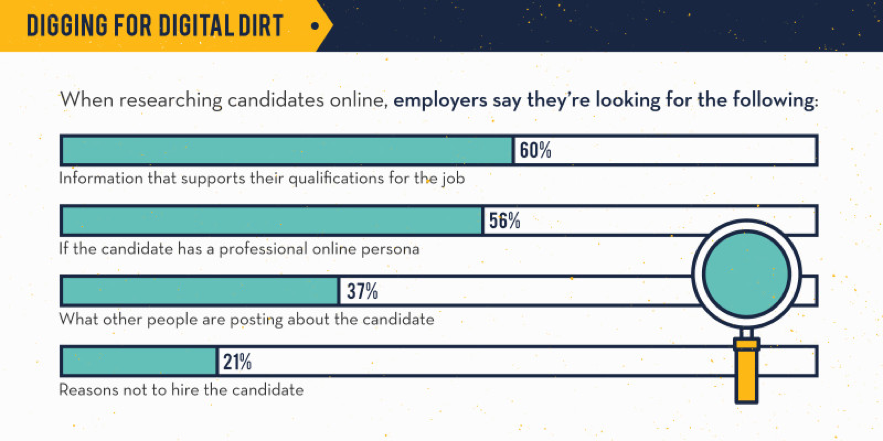“People are recognizing the impact — and this is the #MeToo movement — of harassment on people, and how it can impact their careers for years.”
Victoria Lipnic, acting chair, U.S. Equal Employment Opportunity Commission
According to the EEOC (Equal Employment Opportunity Commission) the data shows a sharp increase in sexual harassment cases in 2018 by as much as 12%.
Based on preliminary data, in FY 2018:
The EEOC filed 66 harassment lawsuits, including 41 that included allegations of sexual harassment. That reflects more than a 50 percent increase in suits challenging sexual harassment over fiscal year 2017.
In addition, charges filed with the EEOC alleging sexual harassment increased by more than 12 percent from fiscal year 2017.
Overall, the EEOC recovered nearly $70 million for the victims of sexual harassment through litigation and administrative enforcement in FY 2018, up from $47.5 million in FY 2017.
More and more companies are being advised to begin a reputation management program within their organization to precede potential threats to their executives and employees.
When Is It Illegal to Fire an Employee over Social Media Posts?
Here are some examples of when an employee’s social media posts should not result in firing, even if it may seem warranted otherwise:
When the post is protected in some way. The most prominent example that some employers overlook or get wrong: Employees should not be fired when their social media post could be considered “concerted activity” and could, therefore, be protected activity under the National Labor Relations Act (NLRA). Concerted activity includes discussing working environment among coworkers—even in a negative way in public. Employers can get into trouble when they’re too restrictive in their social media policies—over broad restrictions or repercussions can go against an employee’s NLRA rights.
When there are specific rules that must be followed before a termination (and those are not followed). For example, there may be contractual stipulations with the employee’s union that outline steps that must be taken before any termination. If those steps aren’t followed, the termination may be illegal—even if it would have been fine otherwise.
When the social media post represents some other protected activity, like whistle-blowing, or protected reporting of something else, such as discrimination or harassment.
When the employer/employee are in a state that has other protections. Some states do not allow employers to fire employees for conduct outside of work, as long as the activities themselves are legal. This means that it would be much more difficult for an employer in one of these places to fire someone for conduct it finds distasteful that is still nonetheless legal. Some places also have protections in place for political speech.
*Source: HR Daily Advisor
There is no better time than right now to begin a corporate monitoring program and to be very aware of what is being said about your company and your employees online. A PR social media nightmare can happen in a millisecond and repercussions can last for years.


